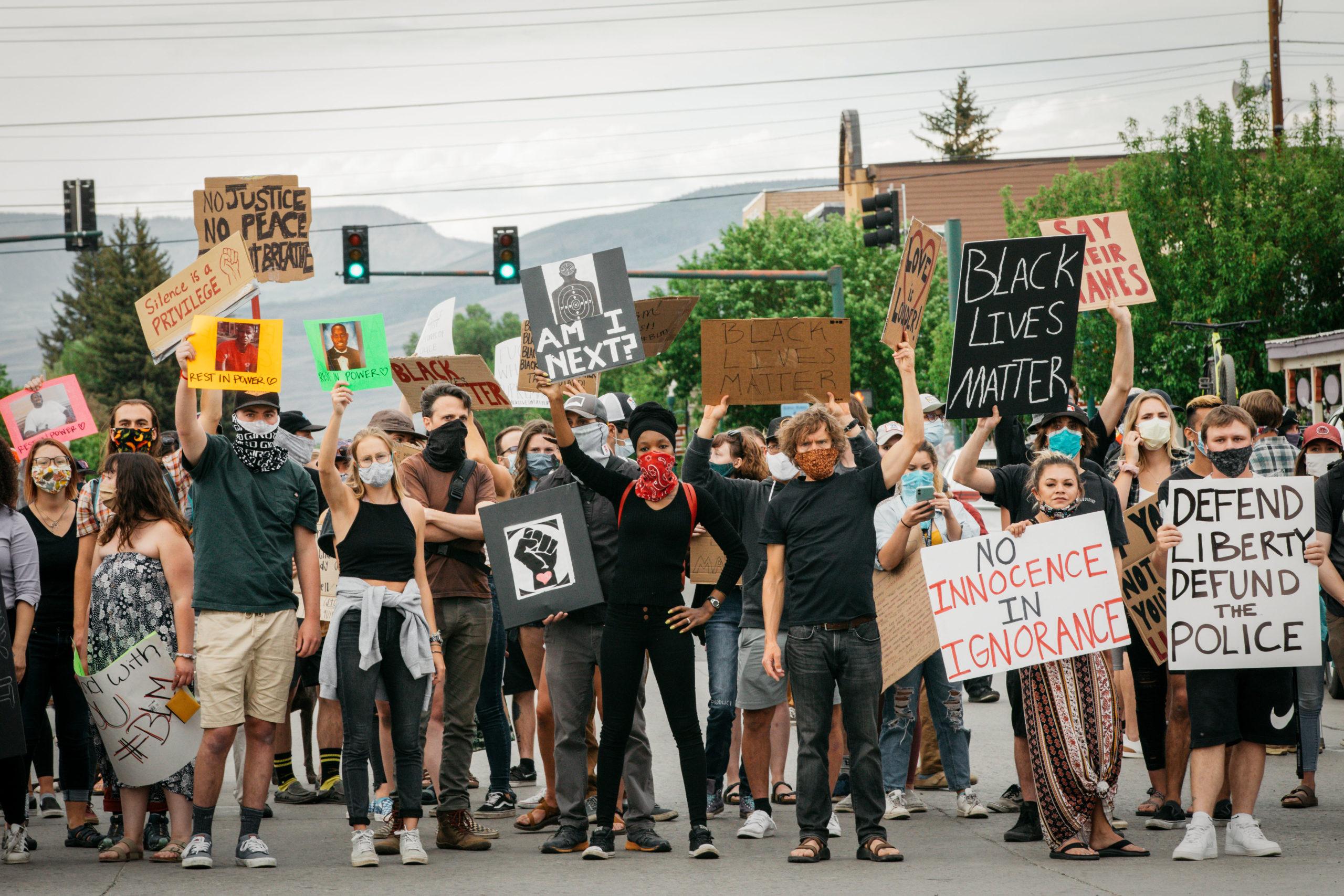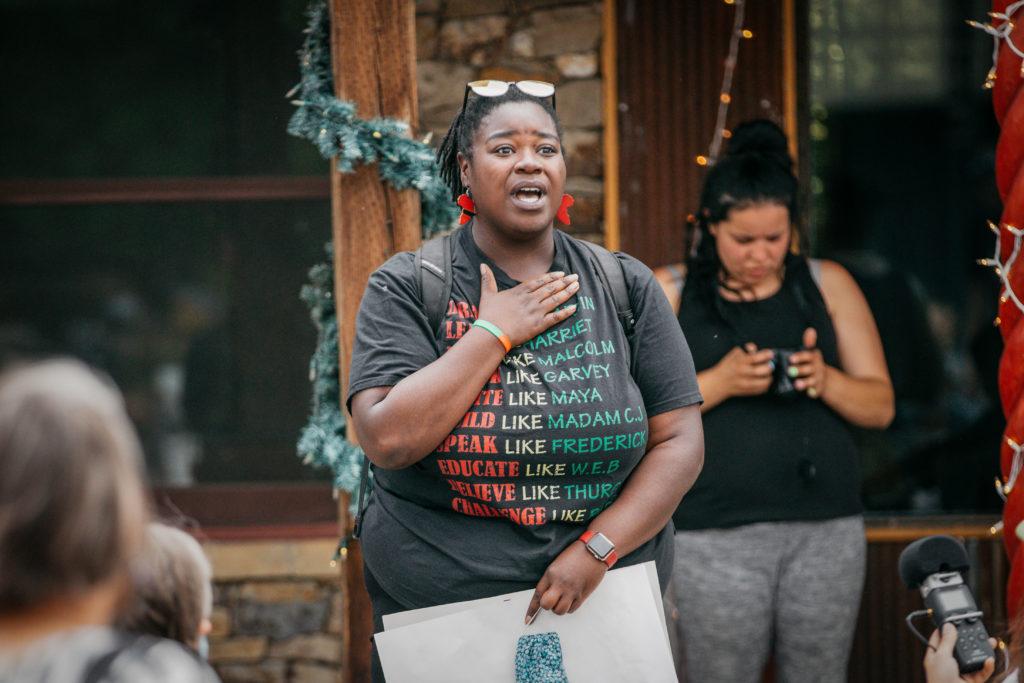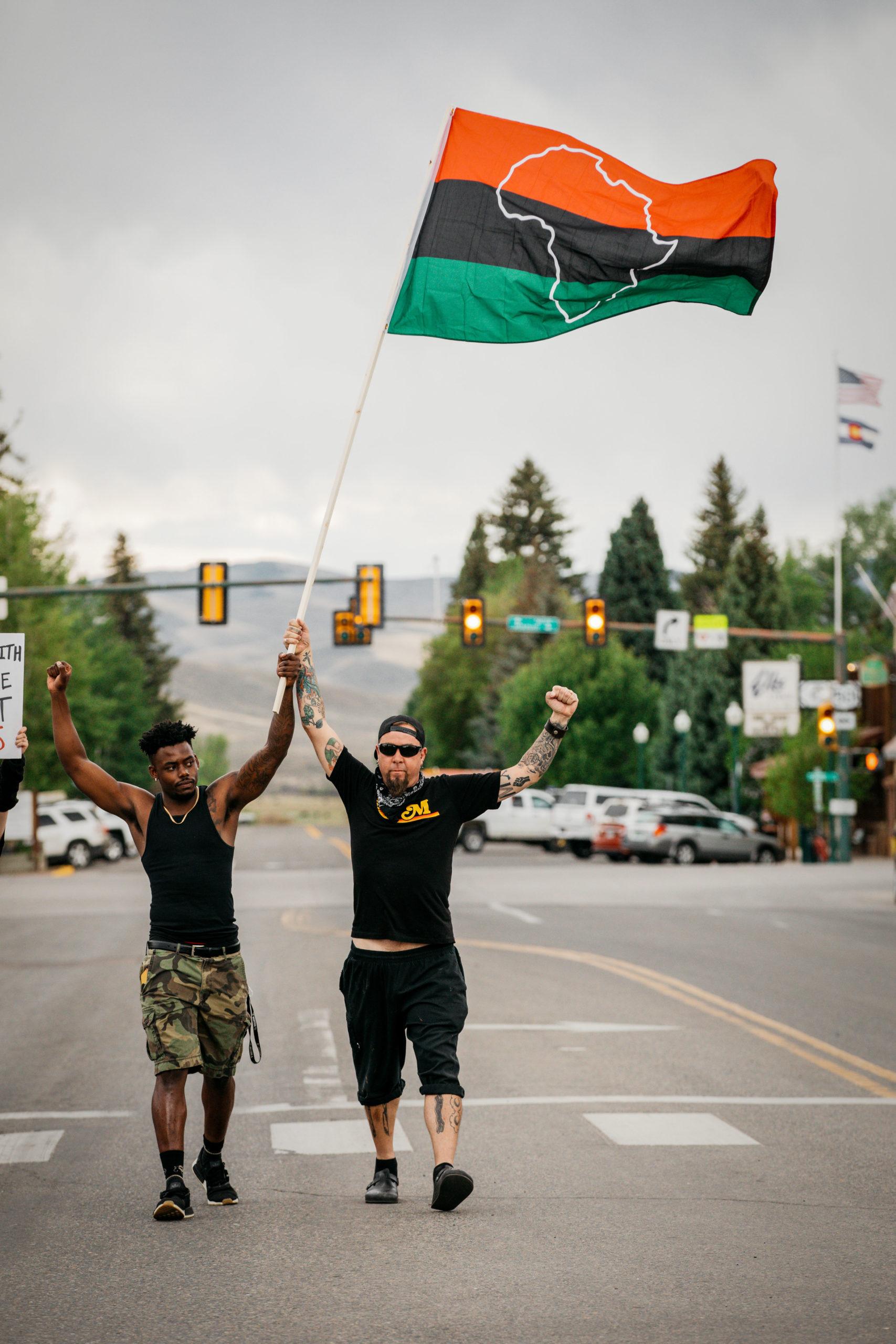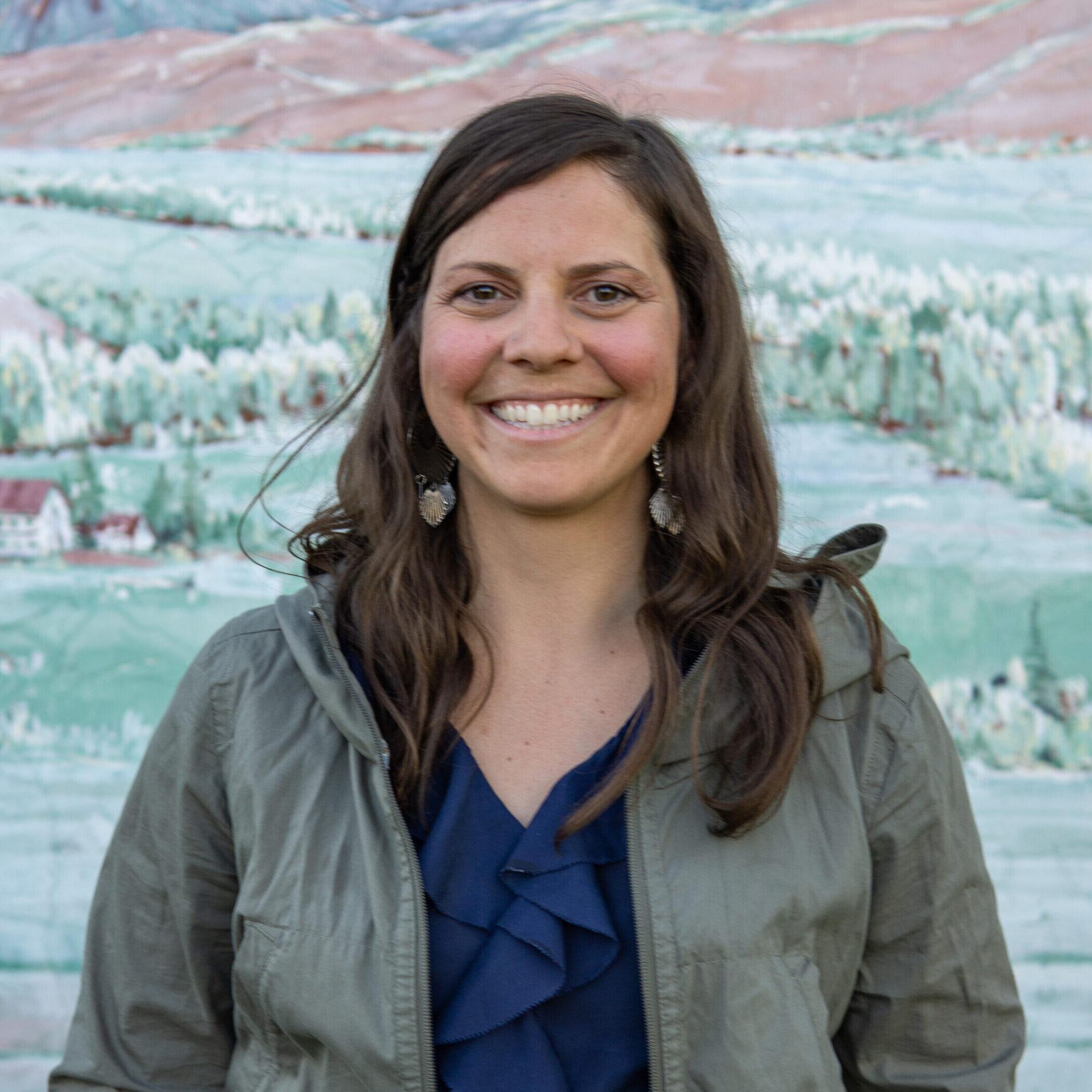
Before she moved here, Elizabeth Cobbins had never heard of the small mountain town of Gunnison, Colorado. Most here live in the moment or center their time around outdoor recreation.
Black people account for less than 1 percent of the population — a far cry from her home in Hattiesburg, Mississippi, where African Americans are 52 percent of the city population.
Cobbins took a job with the Multicultural Center at Western Colorado University in 2017. As a Black woman, it was an opportunity to try something very, very new.
“The people are friendly here,” she said. “They're nice and sweet, they're welcoming.”
The surrounding mountain communities aren’t all that different than the town of Gunnison. Countywide, Black Coloradans amount for a single percent, or less, in the populations of Gunnison, Delta, Montrose, Ouray, San Miguel and Pitkin counties. White residents are an overwhelming majority, with Hispanic populations as the next biggest group at 10 percent or less according to Census data.
Football player Conny Maxwell moved to Gunnison on an athletic scholarship at Western Colorado University. He finds the town to be “super accepting, although it's not super diverse, it's not diverse at all. Like, I could probably count on one hand how many Black people there are here.”
Both say they rarely experience overt racism here. What they do see is that Gunnison is somewhat disconnected from the bigger race issues unfolding across the country. The state’s mountain resort communities seem a world away from the protests against police brutality that came in the wake of the death of George Floyd.
Since it’s so remote, it’s easy for people to tap in and out of reality, Cobbins said. She has even found herself checking out from time to time.
“Sometimes I feel guilty going out in public, being happy, hiking, you know, going to these rafting trips,” she said. “I feel guilty, that I'm having such an amazing time and I'm happy and people back at home are dealing with stuff.”
At home in Mississippi, it isn’t an option to disengage or ignore issues surrounding race. Daily family interactions, even the first conversation in the morning with her sister could center around “race or police brutality,” she said. “I go to my aunt's and my friend's house, a conversation there, race and police brutality.”
Cobbins, who works with minority students on Western’s campus, said some students have told her they’ve experienced racism, and they sometimes find it difficult to relate to people here. Diversity on campus is slightly better than the town as a whole with Black students about 3 percent of the student body.

When George Floyd was killed and protests erupted in Denver and other major cities, Elizabeth Cobbins found that she withdrew. She stayed inside. She watched movies. She didn’t look at social media. Until one day she decided to log onto Facebook.
As Cobbins scrolled through various posts, she had a breakdown. She called and texted friends, inviting them to gather in downtown Gunnison.
“I was angry and sad and was like, Gunnison Valley needs to know that I live here too, and my problems exist, and my people are dying too,” she said. “So we gotta do something about it.”
She was shocked when hundreds of people showed up.
People lined the sidewalks on North Main Street. Conny Maxwell was at the event waving his Pan African flag. He ran into his old boss, the owner of Mario’s Pizza. Danny Lefebvre, who is white, asked Maxwell if he would march with him down the middle of North Main Street. They held the flag together and set out, and the crowd followed. He surprised himself by getting so involved.

“This is a lot for me, like, I only came to just show my face and talking isn't really for me, it's time for action,” Maxwell said. “But, the Gunnison community showed out, it brings tears to my eyes, it's just so beautiful that Gunnison USA can show this much unity in our community and it gives me chills talking about it.”
Maxwell and Cobbins both say they want to keep the community engaged in the issues of racism. Maxwell’s goal is “to expand awareness and to ultimately dismantle this system” while he’s in Gunnison. For Cobbins, the protest in the tiny town felt like a turning point.
“I feel like for the rest of my life is going to be about fighting for nonprofits, working with local governments, you know, speaking up for the people who don't really have a place to speak for themselves,” she said.
Cobbins doesn’t want Gunnison to quit. People showed up; they marched. In a place where it’s easy for the majority to feel removed from racism, she encourages residents to stay committed to the fight for racial justice.
Editor's Note: A previous version of this story misstated the name of the college in Gunnison. It is Western Colorado University, not Western State University.









